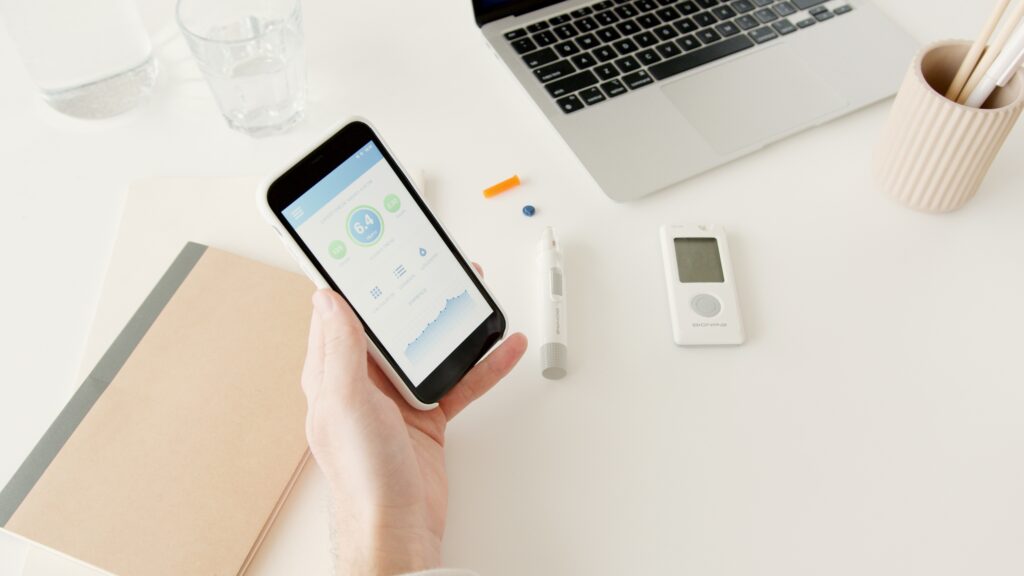
A Collaborative Approach to Diabetes Care
A recent study has shown that clinical pharmacists, in collaboration with health coaches, are making a significant impact on diabetes management and cardiovascular disease risk reduction. They provide comprehensive medication management, addressing adverse effects and drug interactions, assisting in medication taking, and intensifying therapy. The study also highlighted the importance of collaborative action with physicians in improving patient outcomes.
Innovative Methods for Effective Diabetes Management
The study deployed innovative methods to achieve effective diabetes management. Patients were enrolled from primary care clinics within the University of Illinois Hospital. The inclusion criteria ensured that the study targeted African American or Latinx ethnicity, aged between 21 and 75 years, who had been receiving primary care at the clinical site for at least a year. The study utilized mobile health technologies such as telehealth and text messaging to facilitate communication between pharmacists, health coaches, and patients. Pharmacists provided medication management services remotely via videoconferencing, which was facilitated by health coaches using an internet-enabled computer tablet.
Significant Reduction in HbA1c Levels
The results of the study were promising, demonstrating a significant reduction in HbA1c levels among the patients involved. The clinical pharmacist and health coach–delivered mHealth intervention resulted in an HbA1c reduction of 0.79 percentage points. This improvement was not only significant but also sustained, with improvements maintained at 24 months. This indicates that the mHealth-driven intervention is an effective approach to improving blood glucose management. The study’s findings suggest that this strategy may be effective in reducing racial and ethnic disparities in diabetes management.
mHealth Enhances Diabetes Management
The study further demonstrated how mobile health (mHealth), including telehealth and text messaging, can enhance the activities of both pharmacists and health coaches. Pharmacists have used videoconferencing in chronic disease management to improve health care access. This approach may be more effective than text messaging support alone, which has not shown improvement in HbA1c beyond a short duration.
The study concluded that a clinical pharmacist and health coach–delivered mHealth intervention improved HbA1c levels in African American and Latinx patients with T2D over one year compared with usual diabetes care. These improvements sustained themselves at 24 months. Considering this mHealth driven intervention as an effective approach to improve blood glucose management in racial and ethnic minority patients with primary care access in urban environments may be beneficial.
